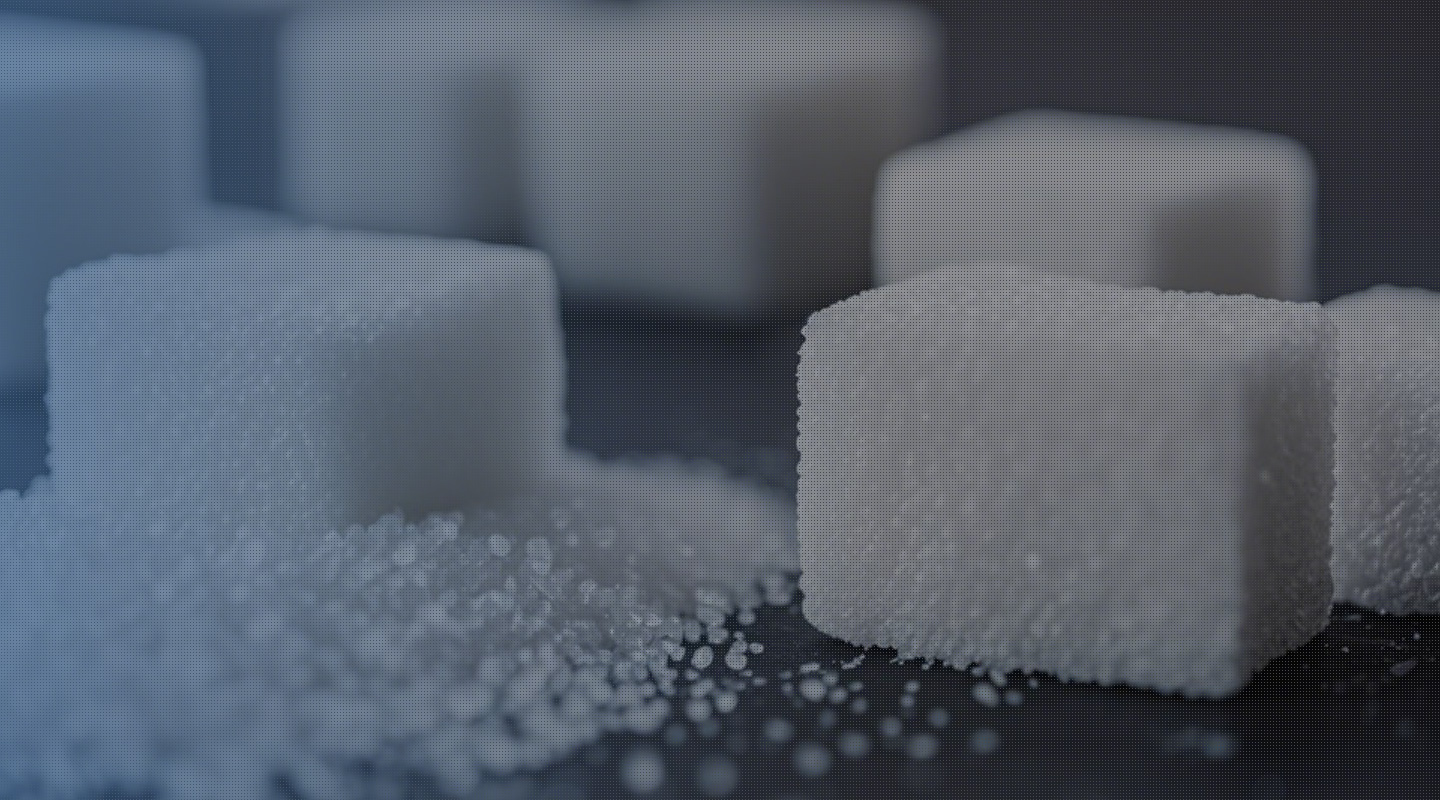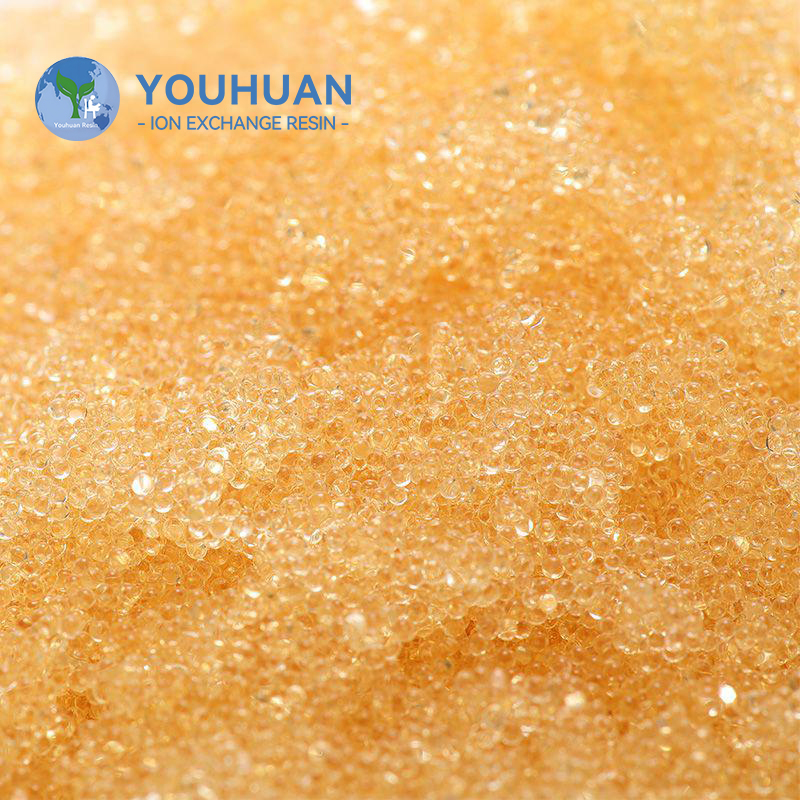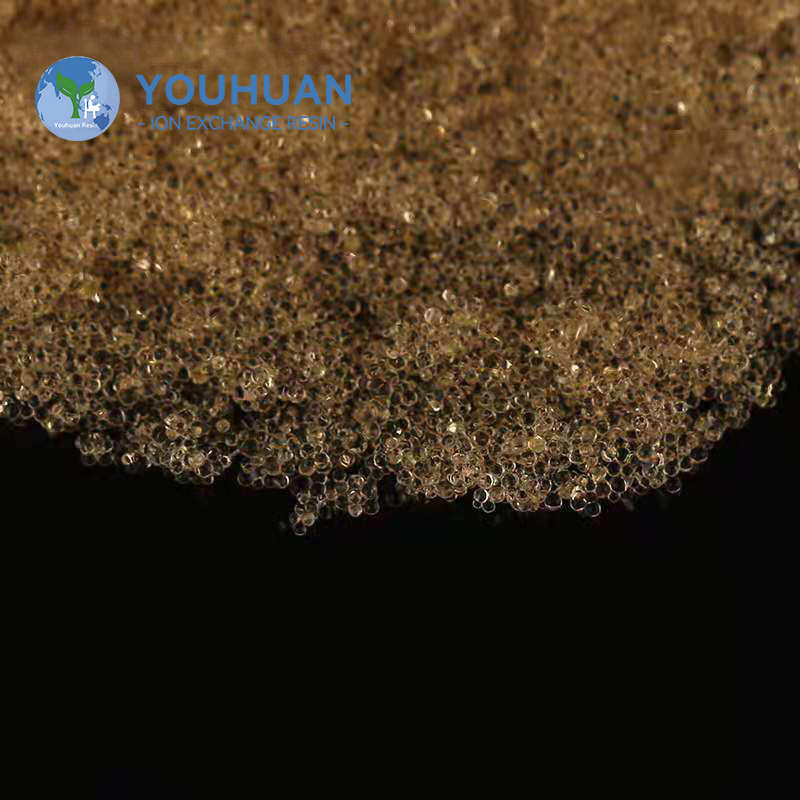Food and Drinking
Ion exchange water resins are the most common method for producing purified and softer water – they are inexpensive method for improving a home’s water quality and preventing costly plumbing repairs.
Ion exchange resins can be used to make sugar, drinks, wine, monosodium glutamate and so on. Ion exchange resins are widely used in the food industry. Generally speaking, the process involves one or more undesirable ionic ingredients being removed from the water to achieve purification, decolourization, recovery or separation. High fructose corn syrup is an example of a household food product produced by ion exchange resin treatment.
We offer a range of ion exchange resin products ideally suited for use in the food and drink industry. The result is very good. The major application of ion exchange in this area is removing excessive proteins, controlling acidity, and improving colour value.
Specifically, in the food, beverage, and sugar industries, ion exchange resins are used for various applications as listed below:
Purification
Chromatographic separations
Recovery of valued products and subsequent elution
Removal of pesticides and patulin
Removal of heavy metals
Bitterness removal in citrus such as limonin
Adjusting Brix/Acid Ratio in juices



